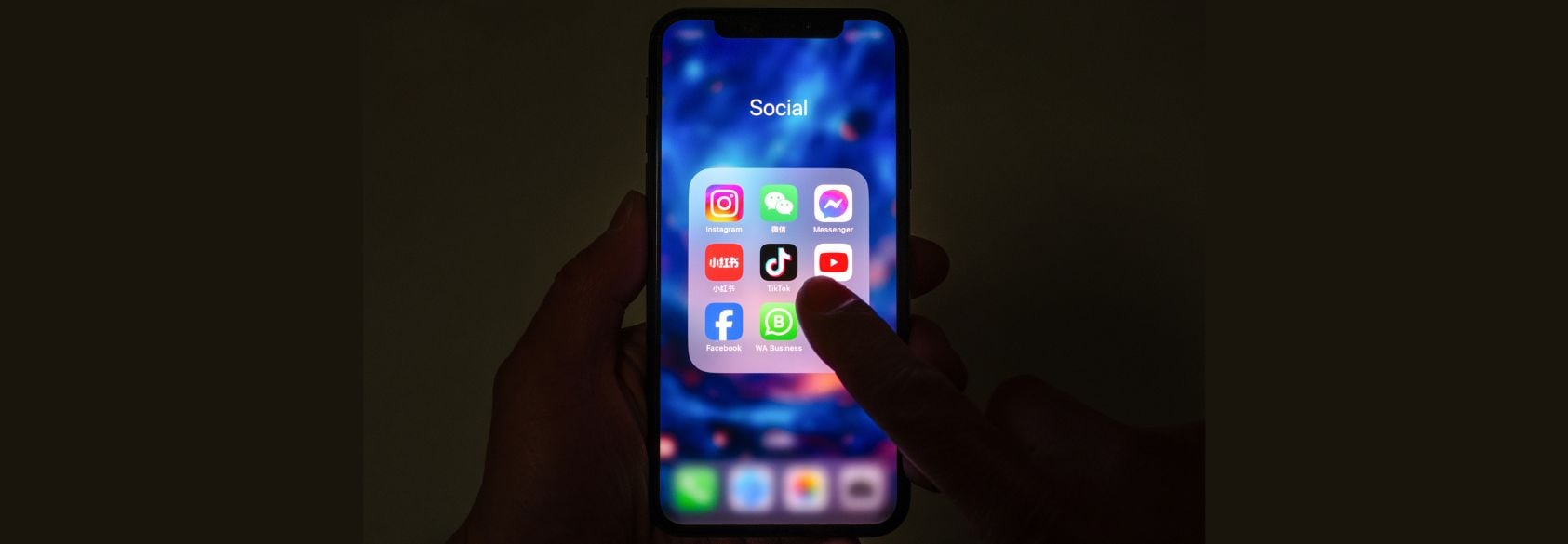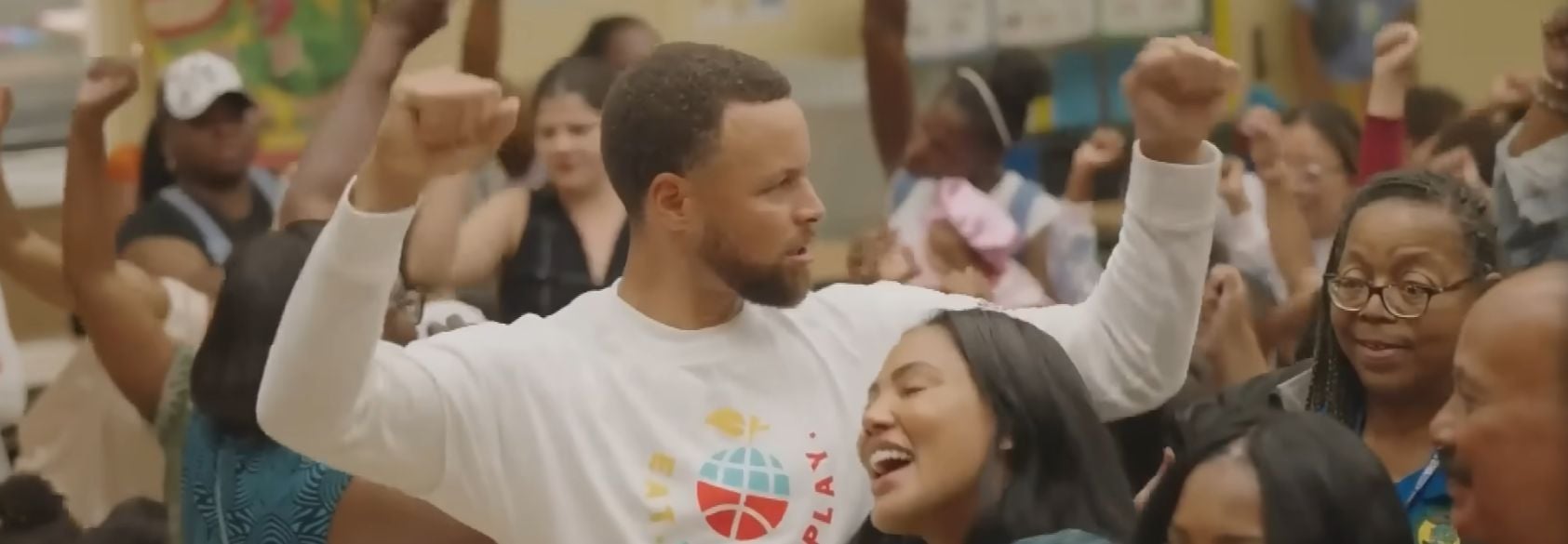Extension Activity
Find three social media posts related to mental health. These can be from platforms like TikTok, Instagram, Twitter or Facebook.
For each post, carefully note the information or claims being presented and identify who posted it.
Next, use credible sources such as the World Health Organization website and the National Institute of Mental Health website to fact-check the information shared in each post. Compare the claims in the social media posts with information from these trusted sources to determine whether the posts are accurate, misleading, or false.
Write a one-page reflection addressing the following:
- For each social media post you examined, describe what you found when comparing its information to credible sources
- Describe any challenges you faced in fact-checking or organizing your findings
- Explain what strategies you will use in the future to carefully evaluate information you find on social media











